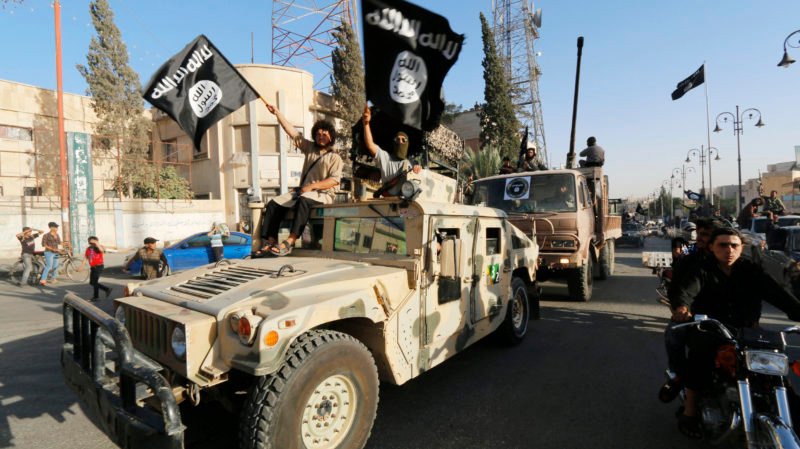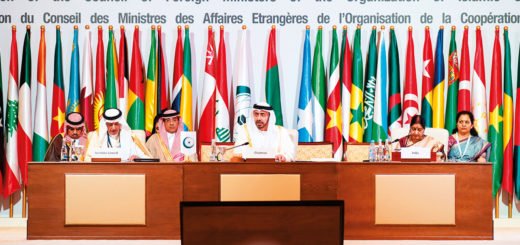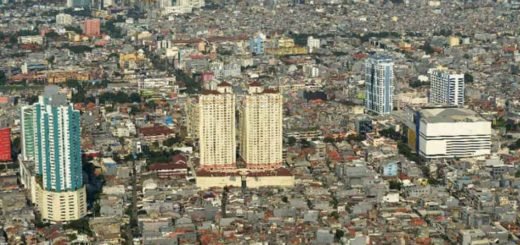ISIS Resurgence in Iraq amidst COVID-19 and possible U.S. Withdrawal

A bout of renewed concerns regarding ISIS has surfaced in the global scenario. There is an uptick in the activities of the infamous terror outfit that was once an authoritative force which controlled an area the size of Britain across Iraq and Syria in 2014 and ruled over eight million people.
In particular, it is ramping up its presence in Iraq and marking its comeback after the Iraqi government declared victory over it in 2017. A number of reasons have contributed to ISIS gaining a foothold in the country again: withdrawal of American and foreign troops, COVID-19 pandemic, domestic instability and unrest, and the rocky relations between the United States and Iran.
“What you are witnessing these days are only signs of big changes in the region that’ll offer greater opportunities than we had previously in the past decade,” stated an online message previous month from new ISIS leader Abu Ibrahim al-Qurashi, translated by Hasan Hasan, an author and a director at the Center for Global Policy.
The Islamic State has set its focus on Iraq’s rural areas since the latter half of 2019 as they escalated attacks in the region between Kirkuk, Salahuddin and Diyala, known as the “Triangle of Death”. The intensity and standard of the attacks have progressively increased this year indicating that ISIS “Is shifting from local intimidation to more complex attacks” as stated by Iraqi military officials and officials.
“ISIS is now seen to be embracing more sophisticated night-time tactics, suicide bombings, and multipronged coordinated assaults — a marked change from its previous drive-by shootings, kidnappings and stand-off mortar attacks,” noted Charles Lister from Middle East Institute.
Security analysts, Michael Knights and Alex Almeida, who track the activities of this terrorist organisation have observed that the jihadi group staged at least 566 attacks in Iraq in the first three months of the year and 1,669 during 2019, a 13 per cent increase from the previous year. In the last month alone, the Islamic State attacked and killed at least 19 members of the Iraqi security forces, according to local media reports. They have also allegedly burnt crops and have persecuted communities in parts of Northern Iraq.

Withdrawal of American and Foreign Troops
“There are now fewer than 10,000 coalition troops inside Iraq, of which about 5,200 are American,” said Colonel Myles Caggins, a spokesperson for the US-led military coalition. He added, “Thousands of foreign military personnel, including soldiers from the UK, France and Canada, left Iraq this year after coronavirus concerns halted the military training programmes they staffed. There are no firm plans for those troops to return”
The American special envoy to the region, James F. Jeffrey said in a briefing last week, “We’re going to continue to maintain forces as long as the Iraqi government is willing to have U.S. and coalition forces present in the country until the enduring defeat of Daesh (ISIS) is accomplished, and it’s not yet accomplished.”
However, there is pressure to withdraw troops as Congress questions their continued presence in Iraq in the wake of Iranian attacks on American bases as a result of the assassination Qassim Soleimani, Commander of Iranian Forces by the American soldiers last year on Iraqi soil. Iraq is furious as well about the assassination and is demanding the withdrawal of American forces. Nevertheless, the Iraqis are reluctant as they recognise that while they can do the fighting on the ground themselves, they still need help in reconnaissance, air support and training.
ISIS spokesperson Abu Hamzah al-Qurayshi has been recorded saying that their attacks have increased “after your American masters began withdrawing their forces from Iraq.” Colonel Myles Caggins has said that in response, Iraqi security forces have sought “to blunt any resurgence” by conducting raids and other offensive operations.

COVID-19 Pandemic as an Opportunity
“It is a paradox that the virus that pacifies others has led to a boom for Daesh (ISIS), with further terrorist attacks,” said Colonel Lieutenant Stein Grongstad of the Norwegian forces stationed in Iraq.
It seems that the Islamic State has used global pandemic as an opportunity and has taken its advantage to rebuild itself and refine their strategies. Reports recount that ISIS has remained largely unaffected by the threat of novel coronavirus as they are mostly focused in agricultural areas, and are relatively less at risk of getting exposed to the virus. Recent violence proves the extent to which the group has used the virus as a distraction to seize attention and advantage.
“We feel that they have an attack strategy that consists of better planning and that they are specifically targeting Iraqi forces that are not currently coordinated to the same extent as before the virus struck. Daesh (ISIS) makes use of road bombs, possesses advanced explosives, and utilize heavier arms. They also know how to use the terrain in the border areas to their advantage. In April, there were 20 Daesh attacks on Iraqi forces in Anbar province alone,” elaborated Colonel Grongstad
Domestic Instability and Unrest
As a result of the civil unrest in Iraq, the government has had to redirect its security efforts from dealing with the Islamic state to containing the protests against the administration. The lack of effective security and rising unemployment amidst an economic crisis as a result of low oil prices incited the people to take to the streets. The protests forced the government to resign which led to a political stagnation which came to an end only recently when the new prime minister was finally agreed on – Mustafa al-Kadhimi.

The Way Forward
Mr Jeffrey, the American special envoy to the region, stated, “Given the history of ISIS, also given the history of the organization that spawned ISIS initially, Al Qaeda with 9/11, everybody should be careful and cautious and on their guard to simply write off a terrorist movement with the pedigree of ISIS.” He concluded that the Islamic State “remains a resilient and significant threat.”
Prime Minister Mustafa al-Kadhimi seems like a promising start in fighting the resurgence of ISIS as he vowed on his official visit to northern Iraq, “The Islamic State group will never again overrun Iraqi territory.” “Our visit to Mosul is to send a message to IS: What happened will not be repeated,” he added. He is a former intelligence chief who has stated his priority is the defeat of Islamic State and to win back the trust of Iraqi people. The Prime Minister also met with numerous local officials and condemned past corruption and mismanagement that led to the rise of ISIS. He will lead the negotiations with Washington this month to discuss the US troop presence and will look to improve their strained relations.


















